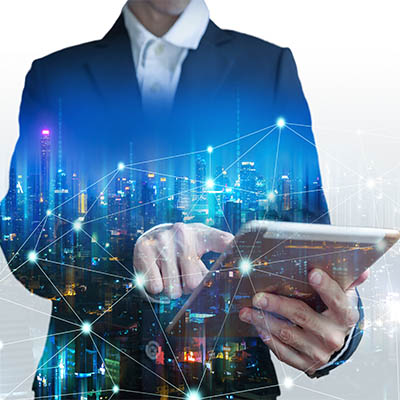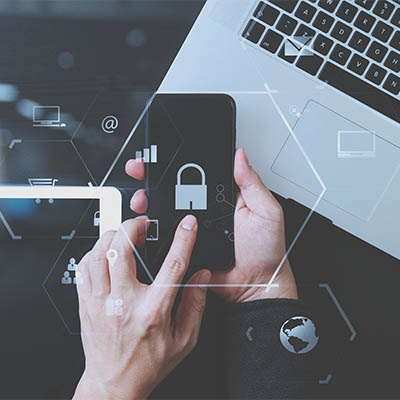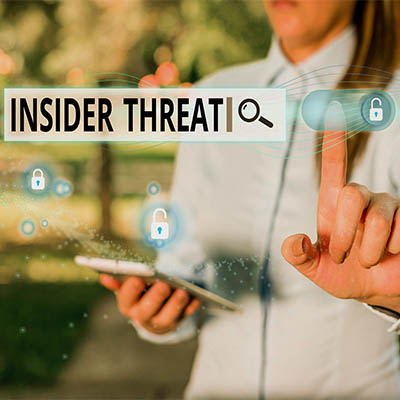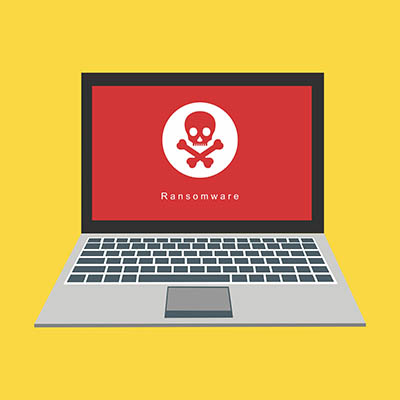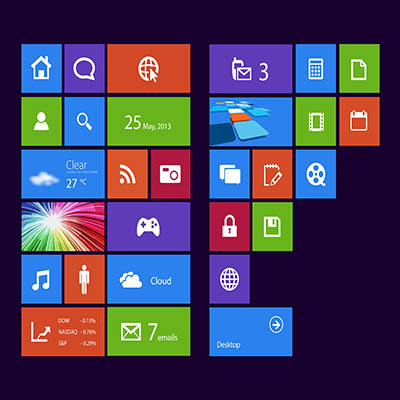A recent trend even amongst ransomware threats is that the FBI is issuing warnings regarding how dangerous it is or how difficult certain variants are. This particular threat—the OnePercent ransomware gang—is no exception. Let’s break down what you need to know about the OnePercent Group and how you can prepare to handle attacks not just from this threat, but most ransomware threats.
With so much competition in business today, it’s no surprise that companies are always looking for the next big thing to get ahead. One way these companies can improve operations and kick their businesses up a notch is through the use of the right technology. With the right IT on your side, you can make a significant difference between yourself and others in your chosen industry.
With remote work still widely in place, the idea of lost or stolen devices has many companies terrified. Due to this security issue, you must consider what you might do should someone lose track of one of your company’s devices. Here are four ways that you can take preventative measures to ensure that lost or stolen devices don’t become a major security risk for your business.
Voice chat and communication via telephone may have been the norm for years, but these days, video conferencing has really taken off in popularity. With remote and hybrid work still trending worldwide, now is as good a time as ever to reconsider the features of your video conferencing solution. Let’s take a look at some of the features that you should look for when implementing video conferencing.
One of the most difficult things to do in business is to imagine a scenario in which someone you trust puts your organization at risk. We focus so much on the external threats that the internal ones often go unnoticed. How can you make sure that your organization does not fall victim to the several different types of insider threats out there? Let’s take a look.
You’d think that cybercriminals would use ransomware to target high-profile businesses with loads of money to extort, but this is not always the case. Even a small business can fall victim to these particularly devastating threats. Ransomware, just like other threats out there, has continued to evolve and adjust its approaches based on the current cybersecurity climate, so what are some of the latest developments in ransomware?
With Windows 11 releasing sometime this year, most users are looking to upgrade to hardware that actually supports it, but today we are instead focusing on upgrading away from one of the more controversial of Microsoft’s recent operating systems, Windows 8.1. With its end-of-life date creeping up in January 2023, it’s never too early to start thinking about how your company will move away from this operating system toward a supported one.
Turnover happens in the business world. It’s just a matter of when and how often it happens, as well as how your organization responds to it. If your company fails to address certain parts of the turnover process, it could have negative consequences that must be addressed. We’ve put together three ways that you can be sure former employees do not cause you trouble when they leave, particularly in regards to staffing and cybersecurity.
Technology has always been ingrained in the operations of businesses to an extent, but it was only recently (in the grand scheme of things) that standard business technology such as desktops, server units, and other computing hardware really started to take off. That said, it’s now a staple, so your organization should be making informed decisions regarding any new hardware that you implement.
With so many changes in the office environment over the past several decades, it’s no wonder that some of the staples from way back when are no longer crucial to the success of any organization. Technology has driven many conventions of the old office environment into extinction, rendering them obsolete and, in some cases, pretty much pointless to keep around. Here are just a few ways that technology has replaced some of these conventions.


